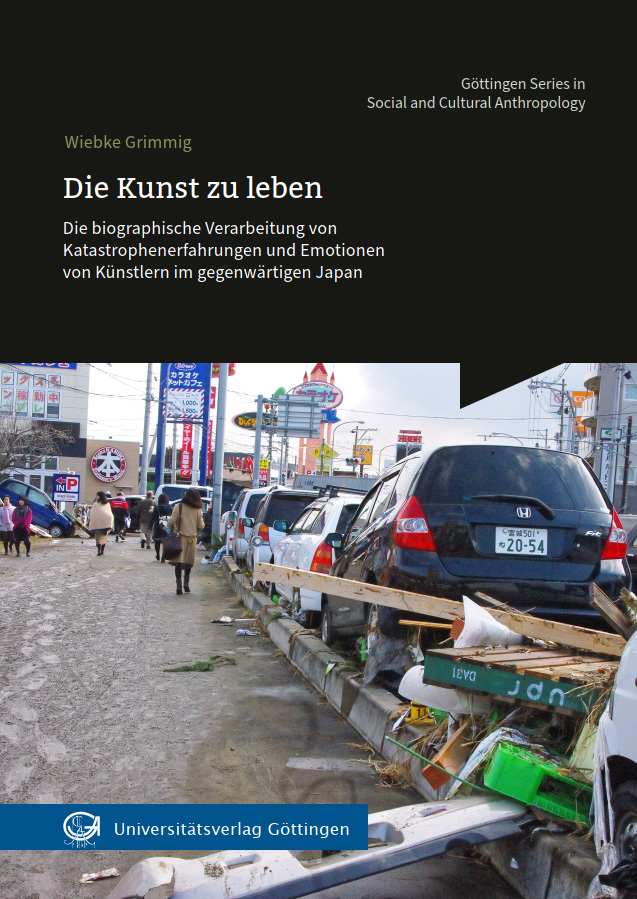Throughout the world, ‘3.11’ and ‘Fukushima’ are used as synonyms for catastrophe, despair and insecurity. In a search for sociocultural meaning in the catastrophic events of ‘3.11’, Wiebke Grimmig examines the role of contemporary Japanese artists in the process by which Japanese society has handled the effects of this triple disaster (earthquake, tsunami and atomic disaster) in Fukushima. She focuses on the emotional processing of these events by her respondents, including their biographical background, their economic concerns and the role of contemporary art in Japanese society. This anthropological research involves the analysis of in-depth interviews with contemporary artists from Tokyo, as well as from other locations along the east coast of Japan. This research was conducted over a 12-month period to elucidate the catastrophic events and effects of the ‘3.11’ disaster. In this work, Wiebke Grimmig examines how contemporary Japanese artists portray catastrophic events in terms of emotion, individuality, power, resilience, politics, economics and communication in their biographical narrative and their work. This doctoral thesis provides an important contribution to the socio-scientific field of disaster research.
Publikationstyp: Hochschulschrift
Sparte: Universitätsverlag
Sprache: Deutsch





